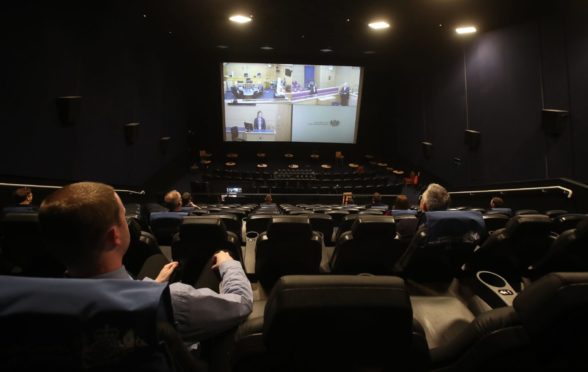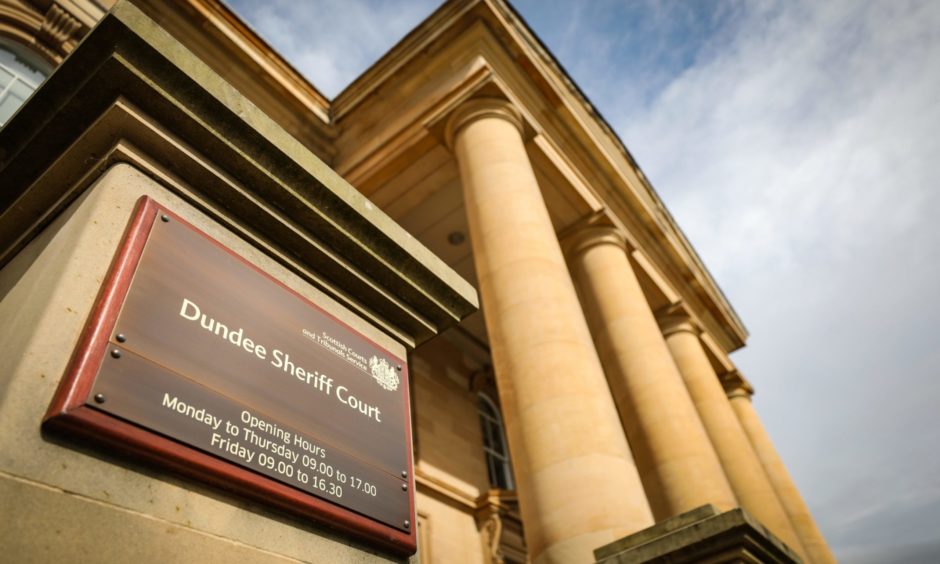Courts in Aberdeen and Inverness have forked out more than £800,000 hiring out cinemas to host jury trials during the Covid pandemic.
Scotland’s justice system has been using film theatres for jurors since trials resumed early last year in the wake of lockdown.
Cinemas were first trialled as venues in summer 2020, allowing jury members to watch courtroom proceedings on the big screen while spaced out to reduce the risk of Covid infection.
Early in the pandemic the Scottish Government shelved controversial emergency plans to hold trials without a jury present.
Now figures obtained by The Press and Journal show how much taxpayer money has been spent on hiring out movie theatres.
Jury spend
Since jury trials resumed, Aberdeen Sheriff Court and the city’s High Court have spent £637,124 to hire out the Vue cinema complex.
Meanwhile, Inverness courts have forked out a total of £196,000 to use the cinema in Eden Court.
In both cases, most of the cash on cinema hire was spent between April 2021 and 2022, due to trials being suspended during the first virus lockdown.
Elsewhere in Scotland, more than £500,000 was spent by courts in Tayside and Fife for trials to be held away from smaller courtrooms.
Remote jury centres across the country remain in use even though the vast majority of Covid restrictions have now been scrapped.
It was confirmed by the courts that remote jury centres will gradually be phased out by September.
However, a smaller number of them will still be used going forward in small courts not designed for jury cases.
The Scottish Government announced £5.5 million back in 2020 when they first decided to hold remote trials.
Other jury costs typically incurred during a trial include travel expenses as well as food and drinks.
Court backlog
Scotland’s courts face a major backlog for years to come due to trials being suspended at the start of the Covid lockdown.
A committee of MSPs warned government ministers that extended time limits for court cases should not become the new normal in the wake of the pandemic.
It was claimed last year that the backlog may not potentially be cleared until 2026.
Holyrood politicians said delayed trials could have a negative impact on victims, witnesses and accused suspects.

